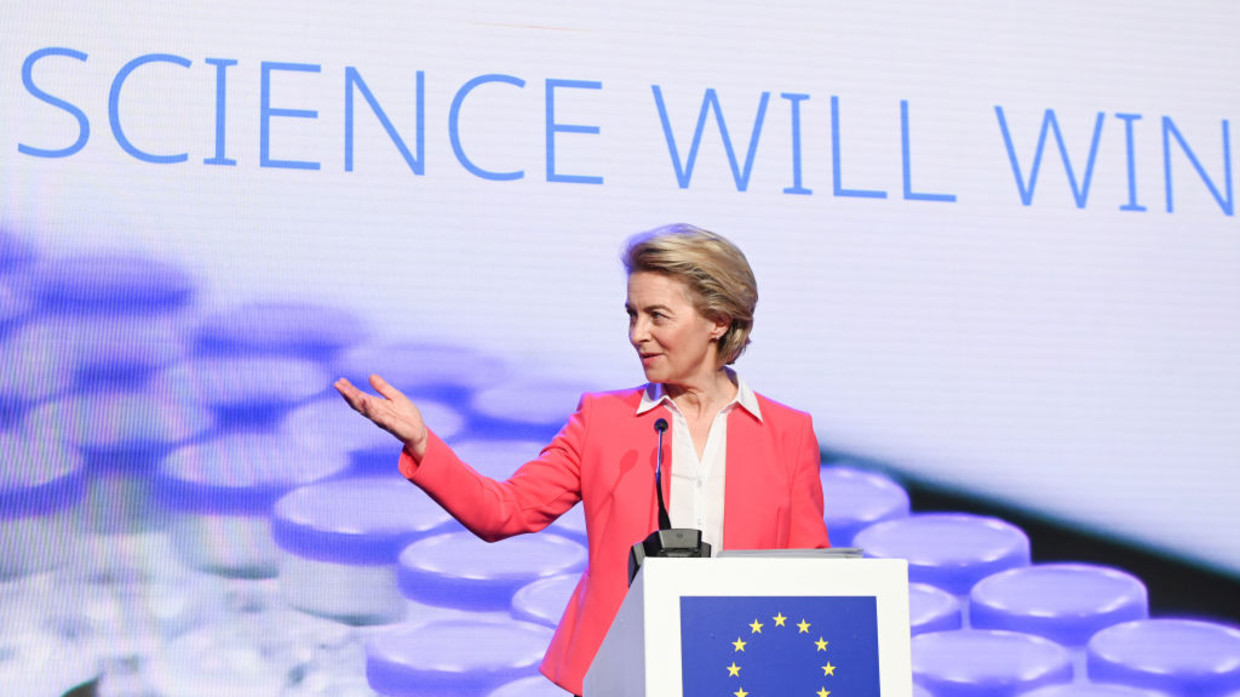The European Commission has been accused of “maladministration” by an EU watchdog after refusing to publish text messages that its president, Ursula von der Leyen, sent to Pfizer CEO Albert Bourla last year during negotiations to clinch a Covid-19 vaccine deal.
An inquiry by European Ombudsman Emily O’Reilly on Friday criticized the EU executive body for failing to ask von der Leyen’s office to search for the texts. The discussions are thought to have helped secure some 1.8 billion doses of the Pfizer vaccine for the bloc.
Last April, von der Leyen disclosed that she had exchanged texts and calls with Bourla for a month during the negotiation. However, the commission later responded to a journalist’s public access request for the messages by claiming that it did not keep a record of the texts and possessed only an email, a letter, and a press release on the subject.
During the inquiry, it emerged that the commission had asked the president’s office to look for “documents” that fulfill its internal criteria for record – texts do not come under this definition. The body had argued that its “record-keeping policy would in principle exclude instant messaging.” It told the inquiry that “to date, it has not recorded any text messages in its document management system.”
“The narrow way in which this public access request was treated meant that no attempt was made to identify if any text messages existed,” O’Reilly said in a statement. “This falls short of reasonable expectations of transparency and administrative standards in the Commission.”
Noting that this “amounted to maladministration,” the ombudsman asked the European Commission to check once more for the relevant messages and to reply to the recommendation by April 26. She said it was “not credible to claim” text messages do not fall under EU transparency laws, adding that if “text messages concern EU policies and decisions, they should be treated as EU documents.”
A spokesman for the commission said the body had “taken note” of the recommendation and would reply to the ombudsman by the deadline.

